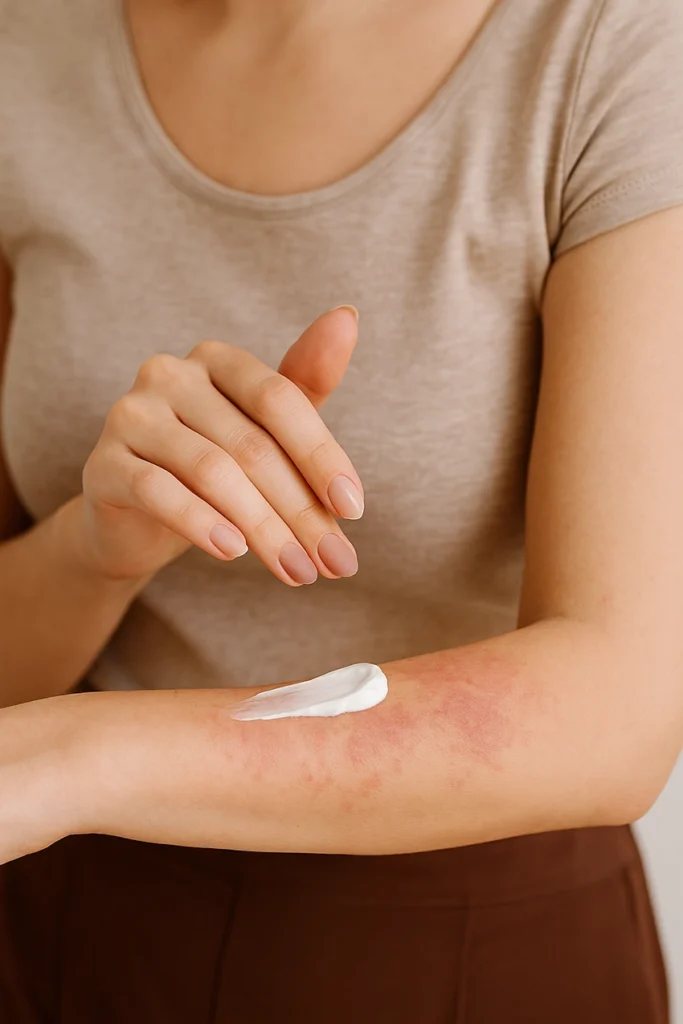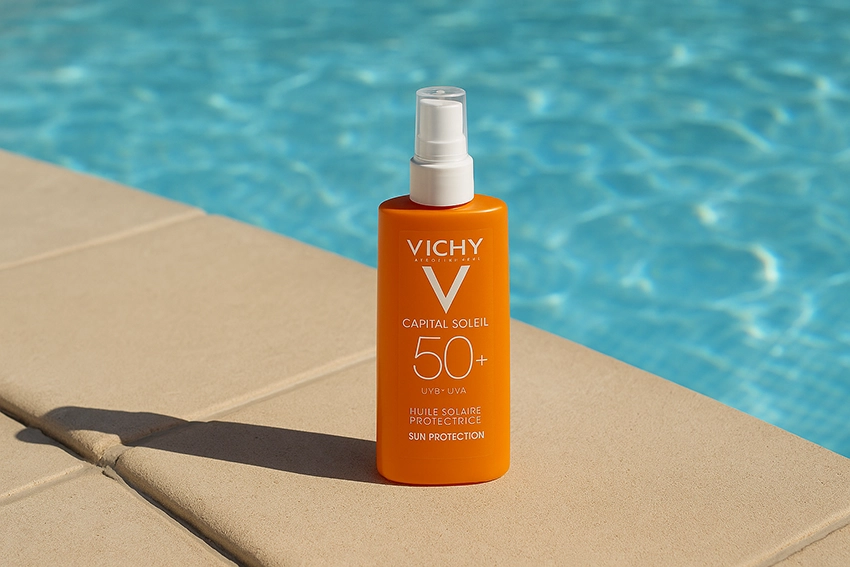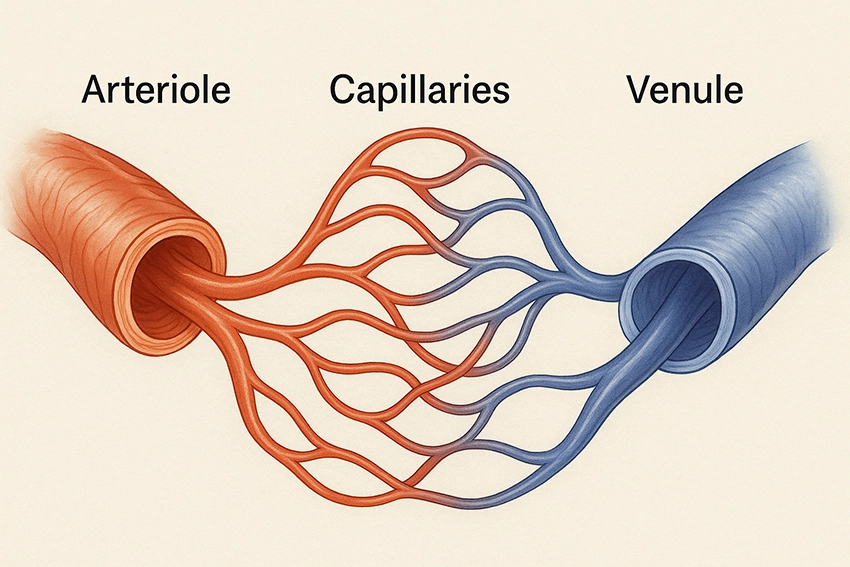Atopic eczema, also known as atopic dermatitis, is a chronic, inflammatory skin condition that often appears in infancy and childhood. It affects nearly 15–20% of children under the age of 7, and its prevalence has significantly increased over the past 30 years. In about 50% of cases, symptoms improve or disappear by the age of 5, but for many, they persist into adolescence or even adulthood. This condition is not only physically uncomfortable but also has a serious impact on quality of life, mental health, and daily activities.
Every year on September 14, World Atopic Eczema Day is observed to raise awareness and improve understanding of this condition. On this day, doctors, organizations, and patient groups worldwide join forces to emphasize that atopic eczema is more than just skin redness and itching – it is a complex condition that can bring physical, emotional, and social challenges.
What Are the Symptoms of Atopic Eczema?
Symptoms of atopic dermatitis can vary in intensity and may include:
- Dry, flaky, itchy skin
- Red patches and inflamed areas
- Oozing, cracked skin
- Severe nighttime itching that disrupts sleep
Flare-ups are often triggered by external factors such as allergens, environmental conditions, or stress.

Lifestyle Tips for Managing Eczema
While complete recovery is rare, several lifestyle strategies can significantly help relieve symptoms:
- Daily moisturizing – Use fragrance- and dye-free creams or ointments.
- Warm (not hot) showers – Keep them short and use hypoallergenic cleansers.
- Avoid irritants – Wear natural fabrics like cotton and use fragrance-free detergents.
- Healthy diet – Include omega-3 rich foods, fresh fruits, and vegetables.
- Stress management – Try yoga, relaxation techniques, and maintain good sleep hygiene.
These small daily steps can improve skin condition and reduce the frequency of flare-ups.
Why Is World Atopic Eczema Day Important?
World Atopic Eczema Day offers an opportunity for patients and society to better understand this condition. Education, community support, and raising awareness are essential to help those affected live fuller lives. Although eczema currently has no cure, with proper treatment and lifestyle adjustments, it can be effectively managed and controlled.





